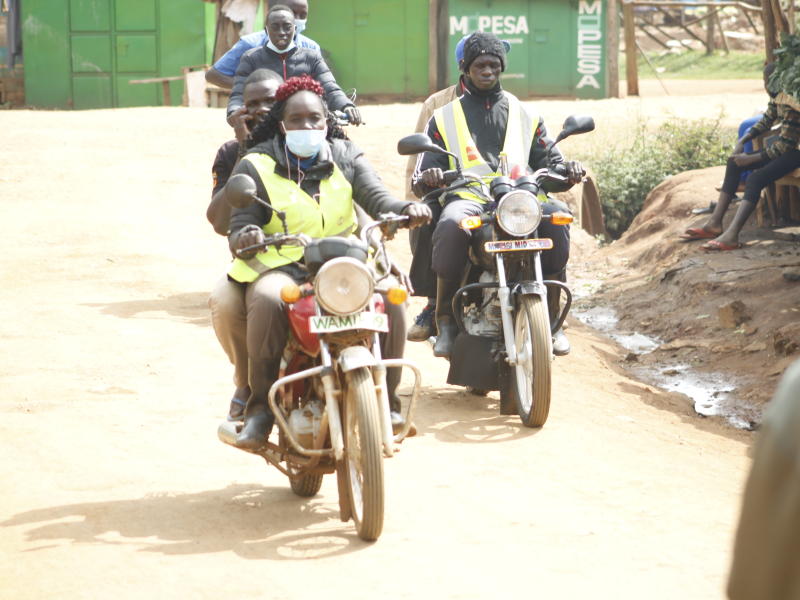×
The Standard e-Paper
Home To Bold Columnists

At the risk of sounding like a broken record, I choose to remind my fellow Kenyans that boda boda is the biggest employer.
The Teacher Service Commission (TSC), which is Kenya’s largest formal employer has a respectable work force of nearly 400,000. On the other hand, the boda boda sector has employed an estimated 1.1 million people who earn an average of Sh1,000 per rider per day. Collectively, they earn Sh1.1 billion daily which will amount to about Sh401 billion by the end of 2021.